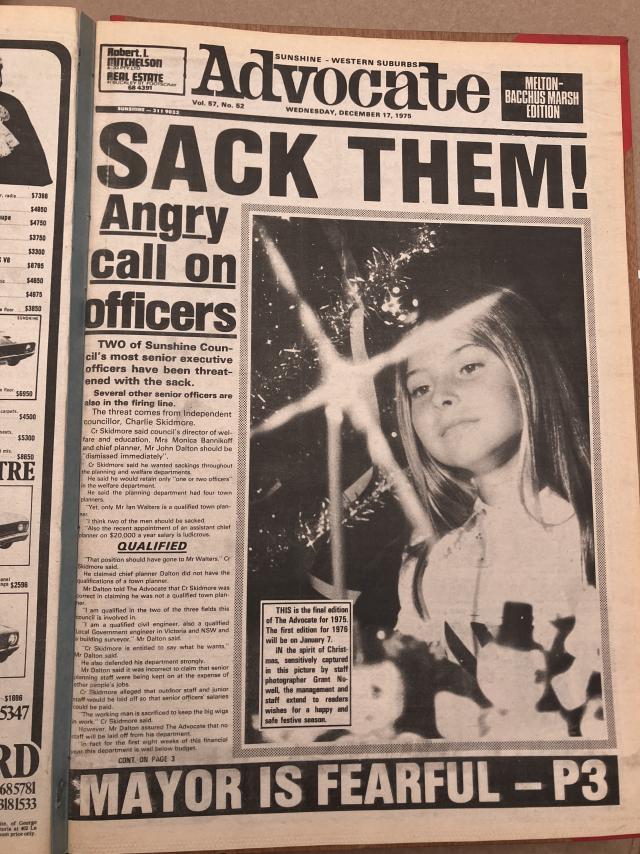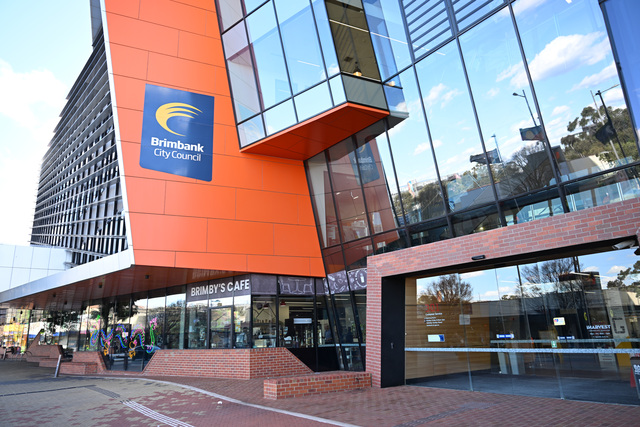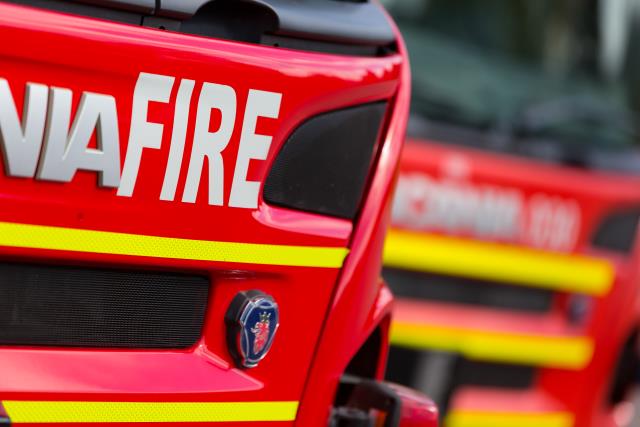Survivors of Black Saturday’s worst fire will receive a share of a record $500 million settlement with electricity provider SP AusNet and the state government in about a year.
The parties, which also included SP Ausnet’s pole maintenance contractor, Utility Asset Management, agreed to settle the case for $494,666,667 ahead of Supreme Court Justice Jack Forrest’s decision on the matter, which was due to be handed down in February.
SP AusNet will pay the largest share to the claimants ($378.6 million) followed by the state government ($103.6 million) and UAM ($12.5 million).
Justice Forrest must approve the settlement at a separate court hearing before it can be finalised. Any claimants who object to the settlement will be able to voice their concerns there, but will have to hire new lawyers or represent themselves to do so.
Andrew Watson, the national head of class actions at Maurice Blackburn – which led the class action – said the firm would assess how much each person would receive ‘‘fairly and reasonably as expeditiously as we can’’.
‘‘We understand the suffering of those who have waited for compensation for so long,’’ he said.
‘‘But the sheer volume means it will take time and we think it will be somewhere between 12 to 18 months after settlement approval before we are finally able to distribute all the (amounts).’’
Lead claimant Carol Matthews, who lost her son and her family home in the fire, approved the settlement amount on behalf of all of the claimants.
“Nothing will take away the pain of losing my son and today’s settlement won’t change what has happened,’’ she said.
‘‘But there is an element of relief and a sense of comfort that this settlement will ease the financial struggles that so many people are still facing on a day to day basis.’’
Ms Matthews said it was ‘‘unthinkable’’ that the company’s primary concern was not for the 119 who died in the fire and the survivors in the class action, but ‘‘to try and reduce their liability regarding a fire that was preventable’’.
The 16-month trial had exposed ‘‘many of the failings that occurred on that day’’ that other investigations could not.
“In particular, the absence of timely warnings and the failure of SP Ausnet to recognise the importance of having a rigorous and comprehensive maintenance regime regarding its key assets, its power lines,” she said.
She hoped the case would encourage SP AusNet, UAM, the CFA and DSE to “review and renew their standards of operation”.
“We must do everything we can to stop another avoidable disaster from destroying so many lives.”
Premier Denis Napthine said the government’s contribution to the settlement would not affect the budget or any services to Victoria, with the cost to be covered by government insurance.
“I would certainly hope that this assists the victims, I think anybody who lost a loved one in these fires, it is very difficult even when the settlement is reached,’’ Dr Napthine said.
“Anybody who lost a loved one in a tragedy like Black Saturday, they will hurt forever.’’
With the settlement still before the court, Dr Napthine said he was limited in what he could say.
“We as a government, who inherited this situation, have acted on the best legal and professional advice at all times, acting in the best interest of the both the victims of the fire and their families, but also the best interest of all Victorians,’’ he said, adding he was unaware of how much the court case cost taxpayers.
Increased power prices was up to the independent energy regulator, he said.
“I don’t think that the people of Victoria should be paying significantly higher power prices if this settlement goes ahead and SP Ausnet have to pay as a result of their actions.”
Opposition Leader Daniel Andrews said the Royal Commission had made some important recommendations that must be fulfilled.
“It is pleasing that a settlement has been reached, [but] nothing will ever bring those people back,’’ Mr Andrews said.
The Labor leader said he hoped the settlement would bring some small level of closure and comfort to victims of the Black Saturday fires.
Of the more than 10,000 claimants, about 1700 had made personal injury claims, nearly 4000 had claimed for property loss where they were uninsured or underinsured, and about 5000 had made insurance claims.
Mr Watson said that after lawyers’ fees were paid, personal injury claimants would receive about 70 per cent of their assessed losses, while property claimants would receive about a third of their losses from the settlement.
He said research had showed that on average claimants were insured for about 50 per cent of their losses.
‘‘Taking insurance and other payments into account, we think those who have suffered property loss will on average receive about 66 cents in the dollar after distributions,’’ Mr Watson said.
About 7 per cent of the settlement sum [$35 million] would pay the claimants’ solicitors’ costs, and 5 per cent [$25 million] would go to their barristers, experts and other legal expenses.
– With Richard Willingham







